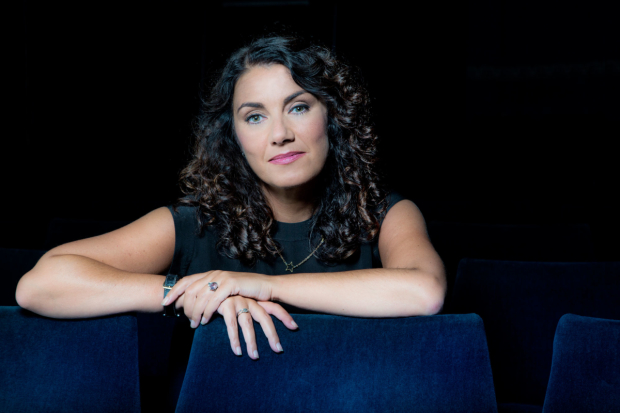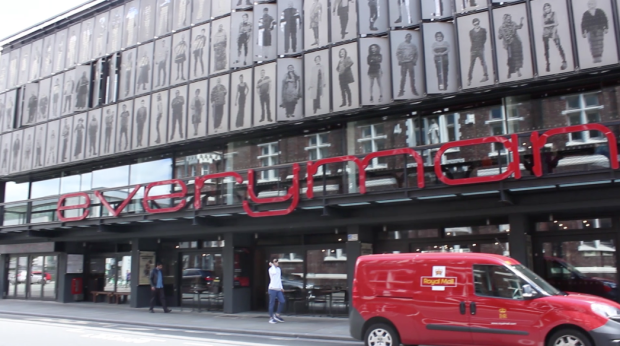Gemma Bodinetz: Liverpool is addictive

© Dan Kenyon 2013
The Liverpool repertory company will begin soon, was it always in your vision for the theatres?
It’s been my quiet voice that I haven’t always listened to. It was constantly circling – should we? Shouldn’t we? Both theatres famously had rep companies – at the Everyman company we had Julie Walters, Pete Postlethwaite, Jonathan Pryce etc, but the Liverpool Playhouse there was the Redgrave family, Antony Hopkins, Patricia Routledge. The received wisdom was always that those days were gone.
You weren’t convinced?
It feels to me that some of the middle scale touring has shrunk and the funding climate has shifted. I began to ask: are we all doing co-productions now? Does that mean there’s this ubiquitous thing called ‘good theatre’ that’s just travelling round the country? Sometimes you’re leading on a co-production but quite often you’re finding that beautiful thing that sits between very different places. I used to send out plays by Liverpool writers and I would get a letter back from the potential co-producer saying 'I think it’s perfect for Liverpool but not for us'.
So the new rep company is a reaction to that?
There have been many lightbulb moments along the way and one was watching Mike Shepherd work with Kneehigh. It was watching a group of people working together for a long time and it was the way they worked as a team and how the focus was on the work and not their individual roles. You lose a week trying to trust each other in a four week rehearsal process. When I watched Kneehigh, it just made me excited about a different way of making theatre.
You began as artistic director in 2003, do you have a highlight?
There have been so many highlights. The European Capital of Culture, this building winning the Stirling prize, reopening the playhouse studio. I think if you had to force me to chose it would be the capital project which has resulted in the new Everyman and saying goodbye to the old Everyman. That was ten years of my time as an artistic director. It is hard to beat standing onstage with a Stirling prize.
What would you say is Liverpool’s identity?
You end up generalising and I am from London so I have no right to generalise. But on some levels when you are an outsider the flavour of something becomes clearer. Liverpool has passion, but there’s not one audience. Liverpudlians want a visceral experience, they want to be challenged politically, imaginatively, they want to laugh, they want to cry, they don’t particularly want something to wash over them or be an abstraction. Liverpool audiences are so vocal – they laugh louder, they clap louder, they walk out quicker. It’s a very expressive city. I enjoy Liverpool’s joy in language. People say it’s a port city where storytelling comes from the docks. There’s no beige in this city. In any one day I can be screaming at it and hugging it for joy. It’s addictive.
Were you into theatre from a young age?
There was no theatre in my family, but in the playground I was the sort of child who told the other kids what they were playing – ‘you’re a fairy, you’re a goblin’. I just used to create stories and then boss people around. When I was about 12 and I won 200 books in a competition which I had to choose from a very long list. Most of the ones I picked I had never heard of – I picked them at random – and I took years to get through them all. But around the age of 14 I pulled open The Empty Space by Peter Brook. I don’t think I could have told you what he was trying to say. But I suddenly realised there was this job called a theatre director. And that was it.











